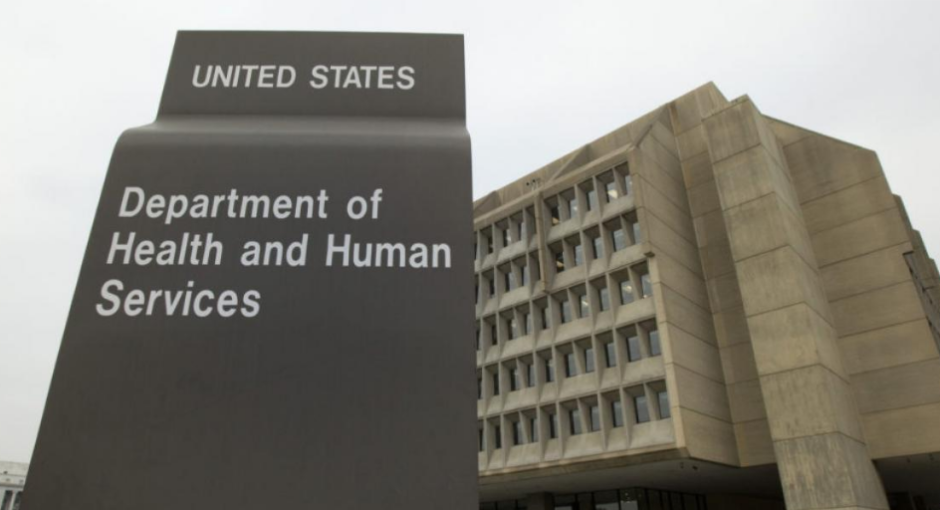Federal lawyers asked a judge on Friday to let federal health officials decide how to give 340B hospitals relief for illegal Medicare Part B drug payment cuts since 2018.
In papers filed in U.S. District Court for the District of Columbia on Aug. 12, lawyers for the U.S. Health and Human Services Department (HHS) opposed a group of 340B hospitals’ motion for a court order forcing HHS to immediately start paying them at an average sales price plus 6% rate for 340B-purchased drugs, not the ASP minus 22.5% rate the hospitals have been paid since 2018.
The U.S. Supreme Court in June declared the cuts for 2018 and 2019 illegal. Hospital groups and health systems that won the case want the cuts for 2020, 2021, and 2022 declared illegal too. They also want immediate resumption of the ASP plus 6% payment rate and compensation plus interest for all alleged illegal underpayments.
“Abruptly increasing payments for drugs purchased through the 340B program for the remainder of 2022 would raise complicated questions” about decreasing payments for other items and services under the Medicare outpatient prospective payment system (OPPS), HHS pointed out.
Under the OPPS statute, payment changes in the system must be budget neutral. When 340B hospitals’ Part B payments were cut in 2018 and in every year since, non-drug payments among all hospitals in OPPS got a corresponding 3.2% increase. Hospital groups argue that HHS should be on the hook “for its own mistakes” and repay hospitals that were unlawfully underpaid from 2018 to the present without penalizing other hospitals. The cuts totaled about $1.6 billion a year.
The hospital plaintiffs’ motion “entirely ignores the budget neutrality principles,” HHS said in its new brief. HHS said giving it the first chance to come up with a solution is consistent with the heightened deference courts give it when it interprets a complex and highly technical program like Medicare. HHS also observed that when it published its OPPS proposed rule for 2023 it invited the public to comment “on the best way to craft any proposed, potential remedies” for the Part B cuts since 2018.
“The public comment period is ongoing and will end on September 13, 2022,” HHS said. “The court should allow the agency to complete that administrative process and devise a solution for all of the calendar years at issue, given the potential for disruption in the immense and complex system that has been entrusted to the agency to operate.”
FAH Amicus Brief
The Federation of American Hospitals (FAH), the trade association for for-profit hospitals, on Friday filed a friend of the court brief in the case.
“Any relief awarded to 340B hospitals in this action should not affect payments made or expected to be made to non-340B hospitals,” FAH said. Retroactively recouping funds from non-340B hospitals is illegal and would cause chaos, the group said. It said many of its members would qualify for 340B drug discounts if they were eligible. FAH hospitals spend greater shares of total operating costs on charity care than 340B hospitals (4.4% versus 2.5%) and greater shares on uncompensated care (5.7% versus 3.5%), it said.
“The OPPS does not allow—let alone require—HHS to remedy its mistake by robbing Peter to pay Paul,” FAH said. “And any remedy here should not inadvertently suggest that HHS has the ability to retroactively reallocate OPPS payments, which would be an unprecedented development in the history of Medicare reimbursement, given that the statute does not convey that power. HHS has the tools it needs to make plaintiffs whole—without touching OPPS reimbursements to non-340B hospitals.”


